Cuba is all the rage now, especially in the United States. After more than five decades of adversarial relations since the 1953-59 Cuban Revolution, the U.S. and Cuba have begun normalising relations, a process which culminated in President Obama’s historic visit to Cuba in March this year—the first U.S. president to do so since 1928.
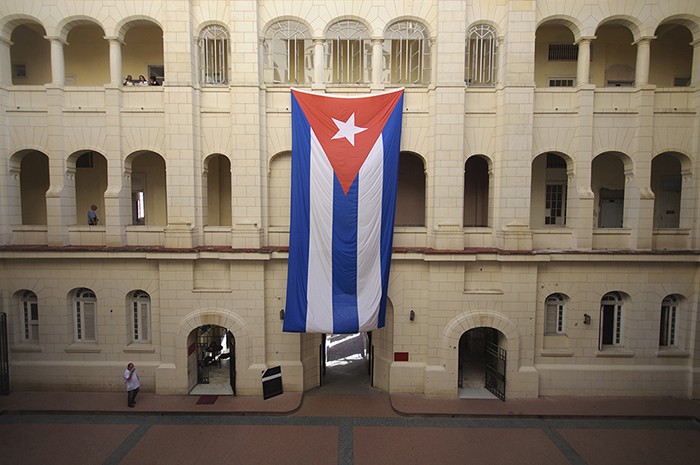
With the easing of the U.S. economic embargo, as well as travel restrictions to Cuba, American tourists are now setting their sights on Cuba, visiting the country in droves. Now that Fidel Castro, the leader of the Cuban Revolution, has passed away, this interest in Cuba is only set to increase. As a result, many people—both in the U.S. and elsewhere—have begun to warn that the country will soon be overrun with tourists and lose its distinctive charm.
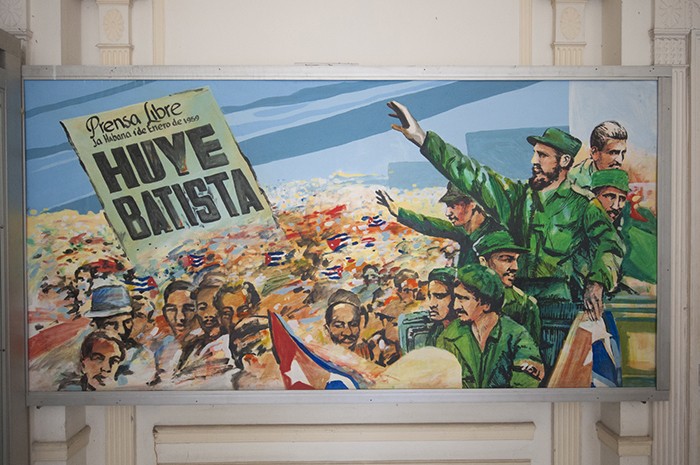
“I want to go Cuba before it changes” is therefore a common refrain I hear, be it from other travellers or my own friends.
Nevertheless, having visited Cuba for a week last year, I must say that they are already too late. Cuba has changed. In fact, it has always been changing—just like any place inhabited by living, breathing people.
With this in mind, I hope to highlight two related misconceptions about Cuba that I have encountered recently:
Misconception #1: Cuba is “frozen” in time.
The Cuba that exists in the popular imagination tends to be one defined by the old—vintage cars, classic cigars, and the crumbling façades of buildings. Many imagine Cuba as a literal time capsule of the Cold War era, a country untouched by modernity.
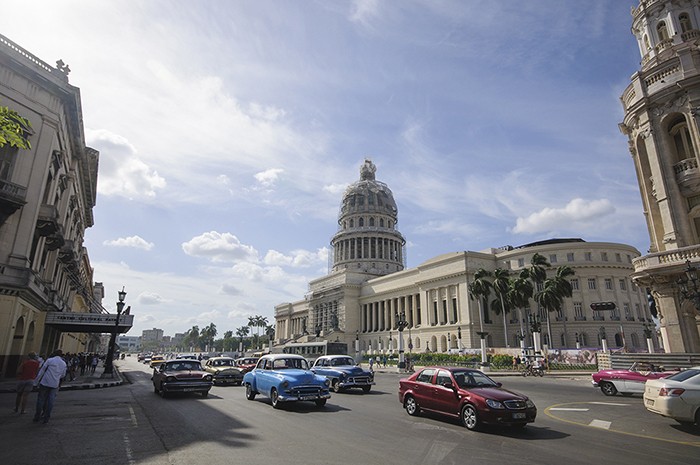
Indeed, if you walk around Havana, the Cuban capital, you will see many cars dating from the 1950s still plying the city’s roads. Many buildings also appear to be in dubious conditions, with cracks everywhere and paint that is often either peeling or covered with moss.
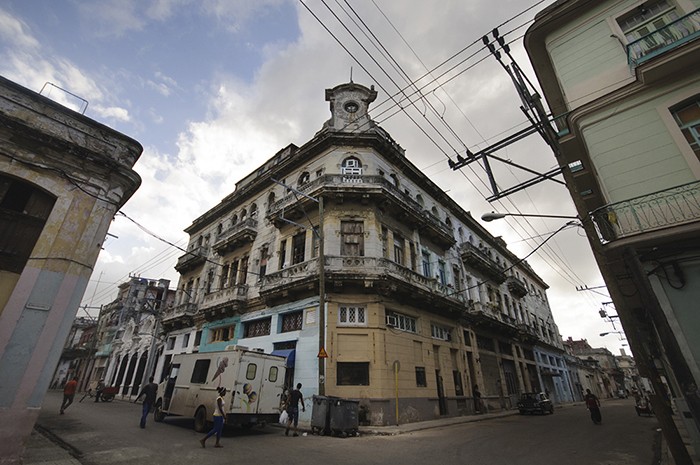
Yet, while there are certainly a lot of old stuff in Cuba, the perception that Cuba is “frozen” in time is problematic because it romanticises Cuba’s decrepitude and obscures the real reasons behind it. This state of affairs in Cuba is not an organic manifestation of an authentic Cuban culture, but the result of external conditions, in particular el bloqueo (the blockade)—the U.S. economic embargo against Cuba that has been in place since 1960.
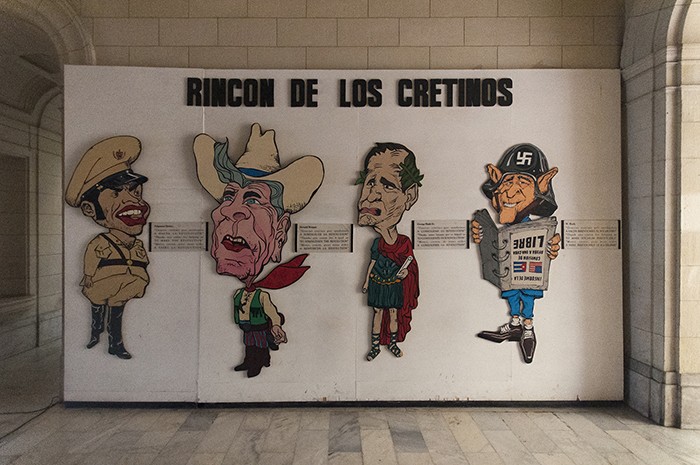
The embargo was not a problem during the Cold War as Cuba relied on the Soviet Union for supplies and subsidies. However, with the collapse of the Soviet Union in 1991, Cuba lost its chief benefactor. During this time, which was euphemistically dubbed the “Special Period” by the government, the effects of the U.S. embargo became clearly felt in the form of severe food and fuel shortages.
Although Cuba ultimately managed to pull through this economic calamity thanks to the solidarity and ingenuity of its people in restructuring the country’s economy to a more self-reliant one, the country remains poor and resource-starved. This accounts for the crumbling infrastructure in many Cuban cities. The government simply has no money to maintain the buildings.
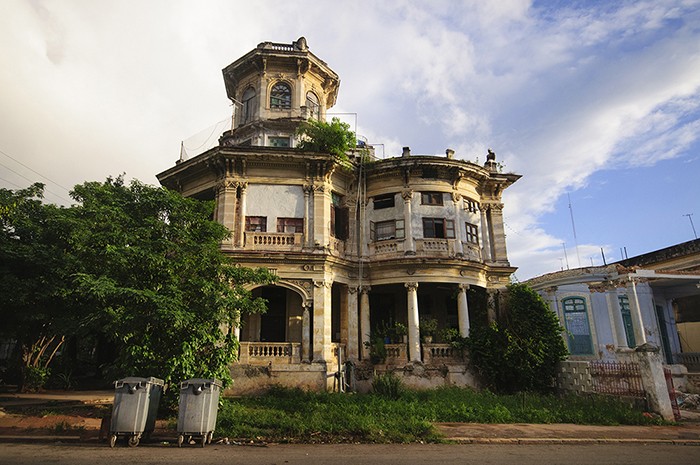
As Ryan Kearney puts it in his article on the New Republic, Cuba “isn’t so much frozen in time as in a state of perpetual rot.” Cubans certainly did not choose to retain their vintage cars and live in derelict houses. They were compelled by circumstances beyond their control to do so.
So the next time you wax lyrical about the charms of Havana’s crumbling façades and withering roads, be at least mindful of the historical conditions that lie behind them.
Misconception #2: Cuba will be “ruined” by tourism.
The romanticisation of Cuba’s decrepit infrastructure is closely tied to the perception that the influx of tourists will “ruin” the country. Many think that the “real Cuba,” defined by its vintage cars and crumbling infrastructure, will disappear as tourism brings in more capitalism and development. Hence, the mad rush to visit Cuba before it all “changes.”
Granted, capitalism and economic development themselves do bring structural problems that should be of concern. In Cuba specifically, the surge in tourism has created new forms of inequality, in particular between those with access to the tourism economy and those without. These are teething problems that Cuba will have to manage if it is to reap the benefits of the increased tourism.
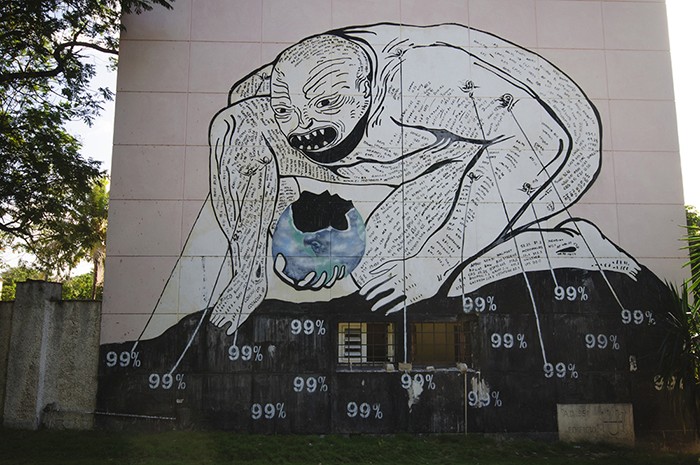
That said, I am concerned about the prevalent perception that Cuba will be “ruined” by tourism because it implies that the status quo in Cuba ought to remain. This is problematic since it renders invisible the wishes of Cubans themselves. Having lived through decades of poverty, most Cubans do not want their country to remain as it was—supposedly “frozen” in time and cut off from the rest of the world.
Despite the teething problems that opening up the country may bring, most Cubans desire change. They see not impending ruin but opportunity in the tourist influx. After all, life has been difficult for most Cubans. Under the socialist system in Cuba, salaries for government jobs there average just a paltry US$25 a month. A generous tip from a tourist can therefore easily make up a month’s salary.
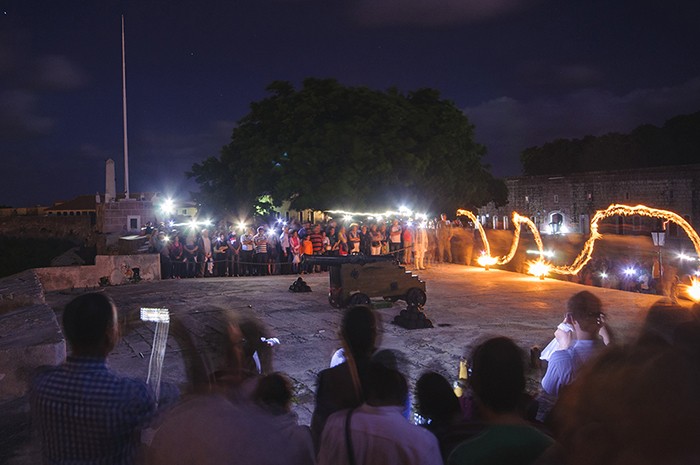
Moreover, even before the U.S.-Cuba rapprochement, the Cuban government has already recognised that its old economic model was unsustainable. Since Raúl Castro took over from his brother, Fidel, as the Cuba’s president in 2008, he has begun instituting gradual economic reforms. The country’s socialist economy is steadily transitioning to at least a mixed one, with some socialist features preserved while more private initiatives are now permitted.
Although the direction and consequences of these economic changes still remain an open question, it is clear that the Cubans are trying to chart their own path, one that will both preserve the achievements of the Cuban Revolution—for instance, its healthcare system—as well as open the country to the many opportunities offered by globalisation.
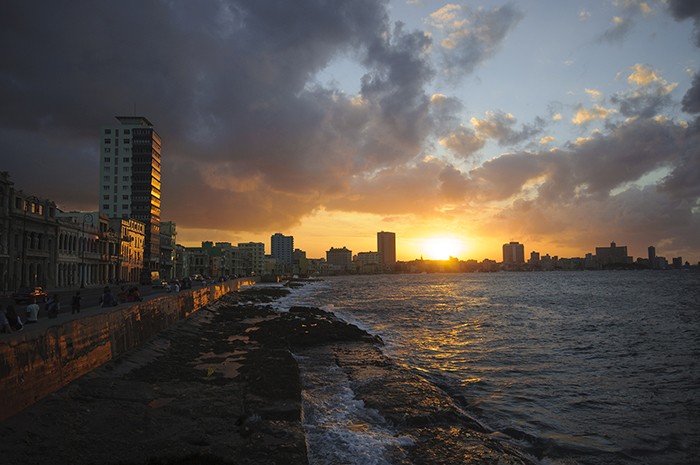
Ultimately, it is obvious that Cuba has embarked on the process of economic liberalisation way before all the hype about the country began. Speaking about visiting Cuba before it “changes” therefore not only smacks of what Andrés S. Pertierra calls “hipster colonialism” in his article on The Nation, but is simply inaccurate.
Cuba has changed. It is time for our expectations to keep up.





